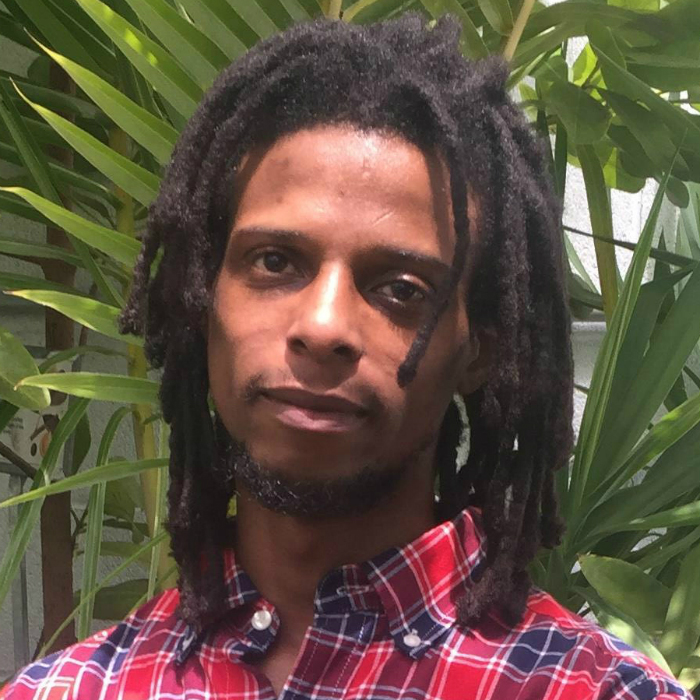Learn Immunology Online
Get an in-depth look at how the body fights disease.
In HMX Fundamentals Immunology, you’ll learn about the processes that enable our immune systems to respond to evolving threats, and understand new, immunology-based disease treatments.
This online certificate course is led by Harvard Medical School faculty and features:
- detailed animations and illustrations of medical concepts
- clinical application videos including real doctor-patient interactions
- ongoing, rigorous assessments to ensure content mastery
Learn more about the course:
Course Information
Upcoming course periods
June 4 – August 16, 2024 | Apply now through May 14
Partial tuition waiver application deadline: Tuesday, April 30 at 12 noon US ET (HMX Fundamentals only)
September 3 – November 15, 2024 | Application opens May 15
January 14 – March 28, 2025 | Application opens August 14
Course length
Each course is 10 weeks long. New lessons are released weekly, and material remains available until the course closes. Expect to spend 3-6 hours per course per week.
Course cost
US$800 for an individual course
What Learners Say

Allie Hyans
Celgene Corporation / Harvard Business School
“I almost didn’t know how applicable it would be until after I became familiar with the concepts discussed in the course, and now they come up all the time…for my own personal understanding, it’s made a world of difference.”

Ana Castillo Orozco
National Institute of Genomic Medicine (Mexico)
“I have taken a lot of courses online, but this was a very different approach…The disease linkage piece was so important because you could enhance your knowledge based on what you saw. It was so amazing how doctors chose patients that covered the whole concepts that you learned in class, and how they chose a particular patient that fit in the clinical scenario.”

Khalil Ragland
Central Connecticut State University
“I was impressed by the way that each topic was broken down into chunks that you could really understand…you could go through it at the pace that was best for you.”
Course Topics
Overview
- Course introduction
- Meet the faculty
- Basic terms and concepts
Innate Immunity and Inflammation
- Sentinel cells and circulating leukocytes
- Inflammatory events and signaling
- The formation of pus
Microbial Recognition and Responses in Innate Immunity
- Pattern recognition receptors
- Innate immune signaling
- The antiviral state
- The complement system
Antibodies – Structure and Function
- B lymphocytes
- Antibody structure and function
- How antibodies can cause disease
Lymphocyte Development and Diversity
- Lymphocyte development
- Clonal selection and expansion
- Differences between B and T lymphocytes
- The generation of lymphocyte receptor diversity
T Cell Activation by Antigens
- The role of dendritic cells
- The lymphatic system and delivery of antigen to lymph nodes
- Adaptive immune activation in secondary lymphoid tissues
- Costimulation and inhibitory signaling
- Antigen presentation
T Cell-Dependent B Cell Responses
- T Cell activation of B cells
- The germinal center reaction
- Isotype switching and affinity maturation
Helper T Cells
- Helper T cell functions
- Helper T cell subsets
- The role of helper T cells in disease
Cytotoxic T Cells
- Cytotoxic T cell functions
- Selection and expansion of cytotoxic T cells
- Contraction and memory
- Therapies that target cytotoxic T cell functions
Failures of the Immune System
- Immunodeficiencies
- Mechanisms of tolerance and loss of self-tolerance
- Autoimmune diseases
- Allergic diseases
Immunology-Based Therapy of Diseases
- Transplantation and transfusion
- Vectored immunoprophylaxis and chimeric antigen receptor T cells
- Neoantigen discovery and checkpoint blockade
Course Instructors

Andrew Lichtman, MD, PhD
Professor of Pathology, Harvard Medical School
Senior Pathologist, Brigham and Women’s Hospital

Shiv Pillai, MD, PhD
Professor of Medicine and Health Sciences and Technology, Harvard Medical School
Immunologist and Geneticist, Center for Cancer Research, Massachusetts General Hospital
Director, MMSc in Immunology Program, Harvard Medical School
Associate Program Head, Graduate Program in Immunology, Harvard Medical School
